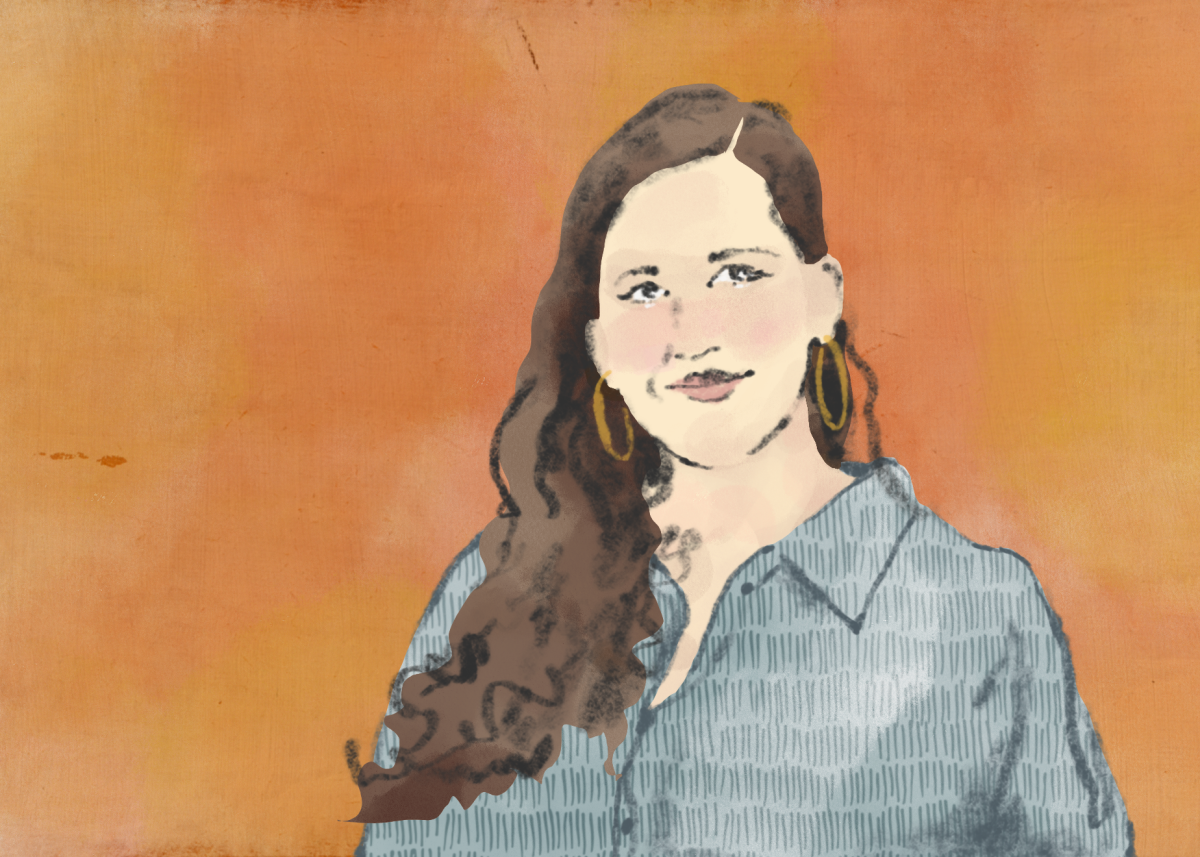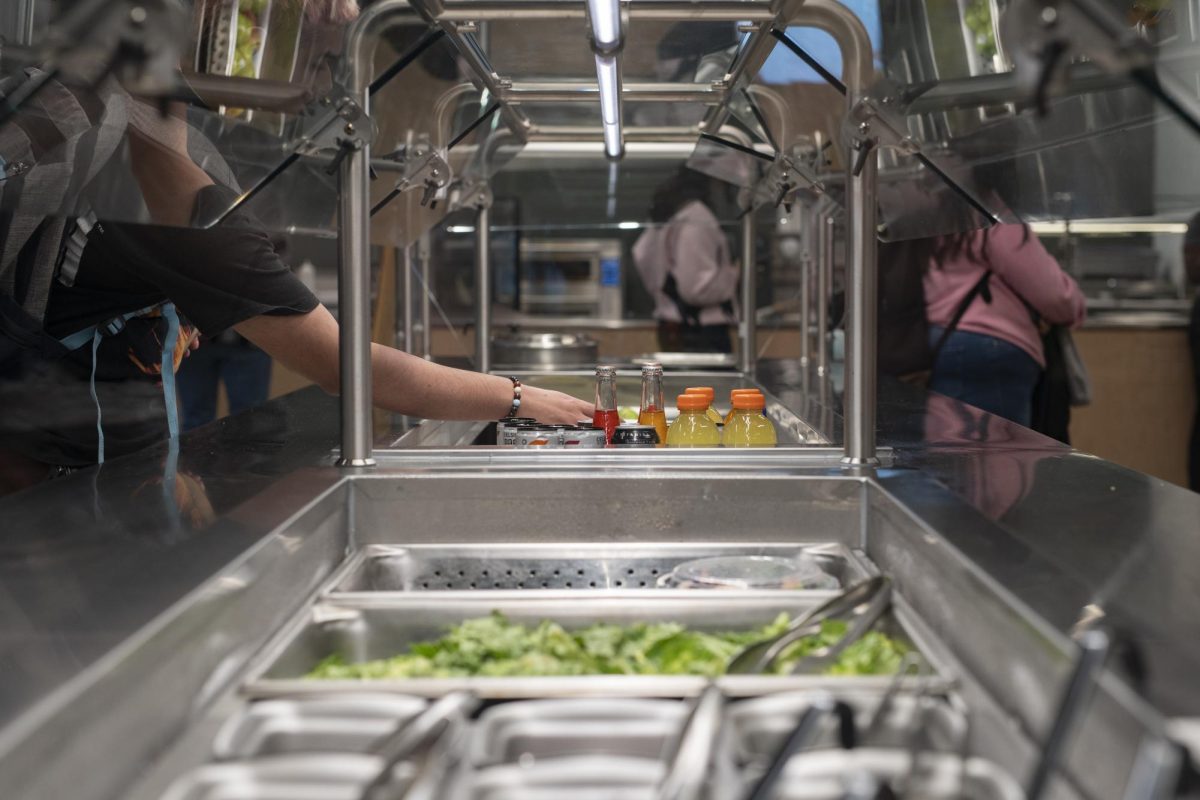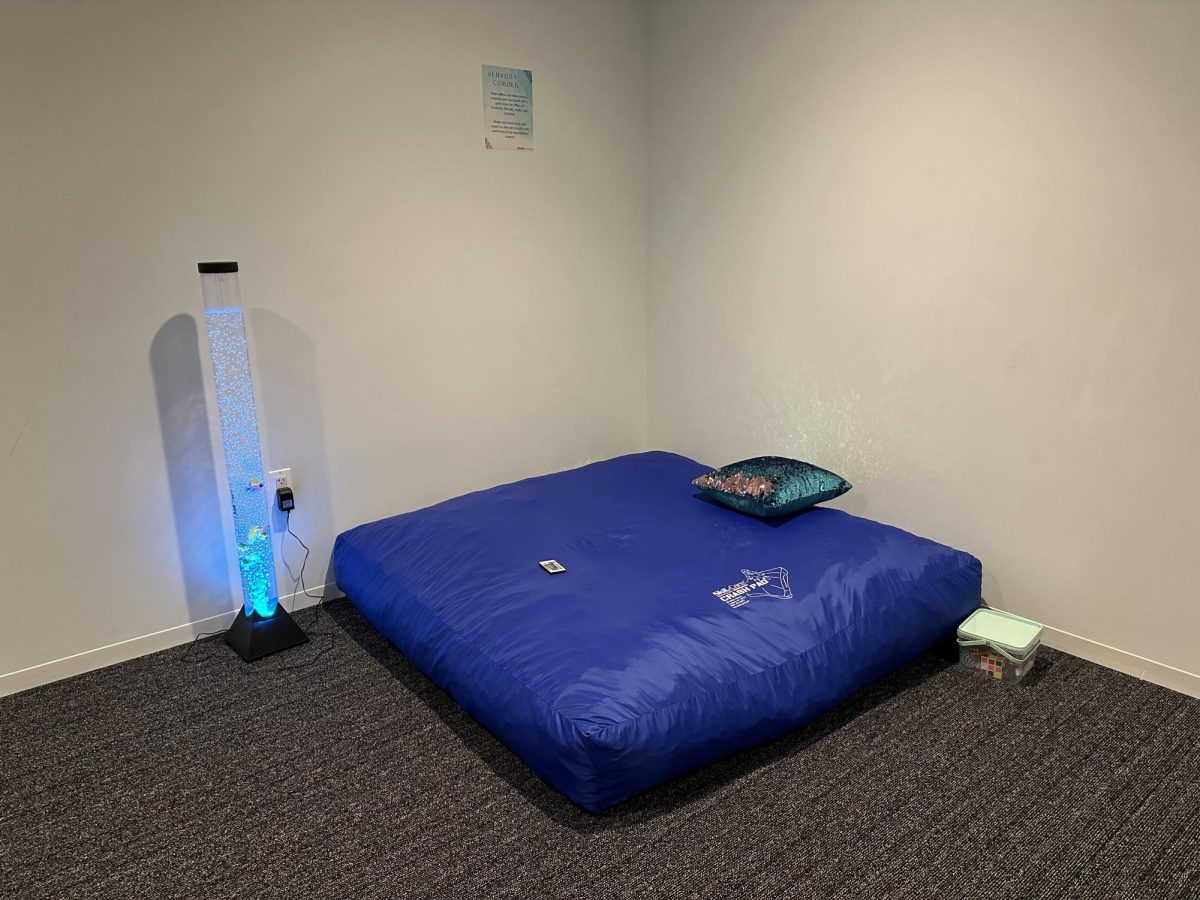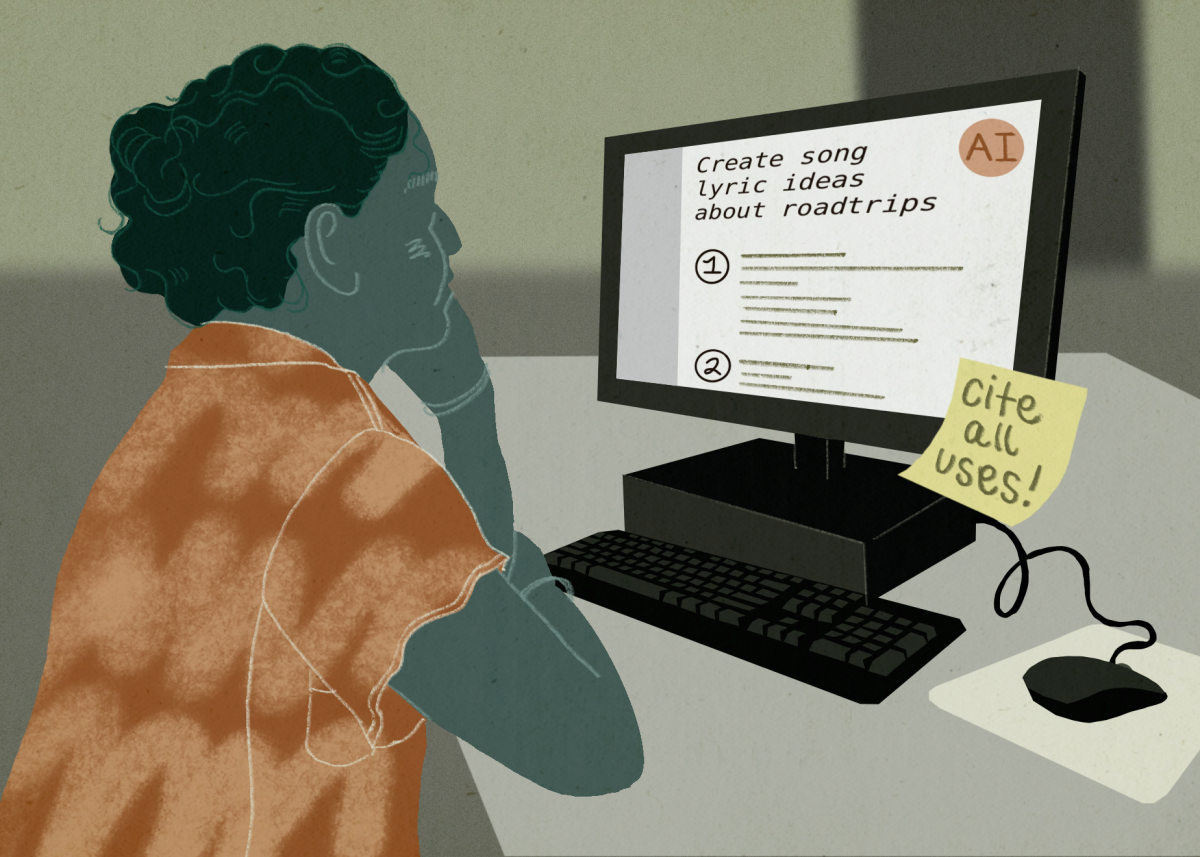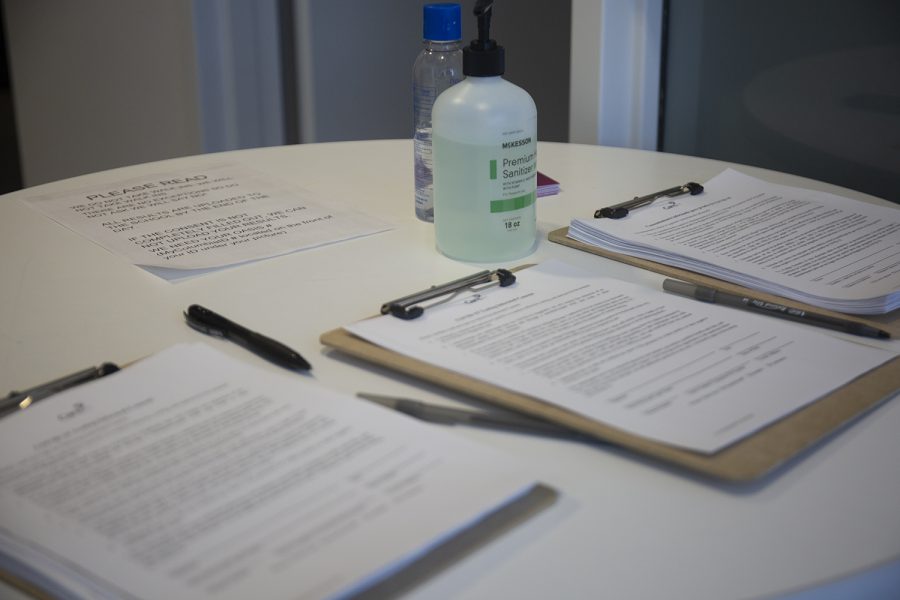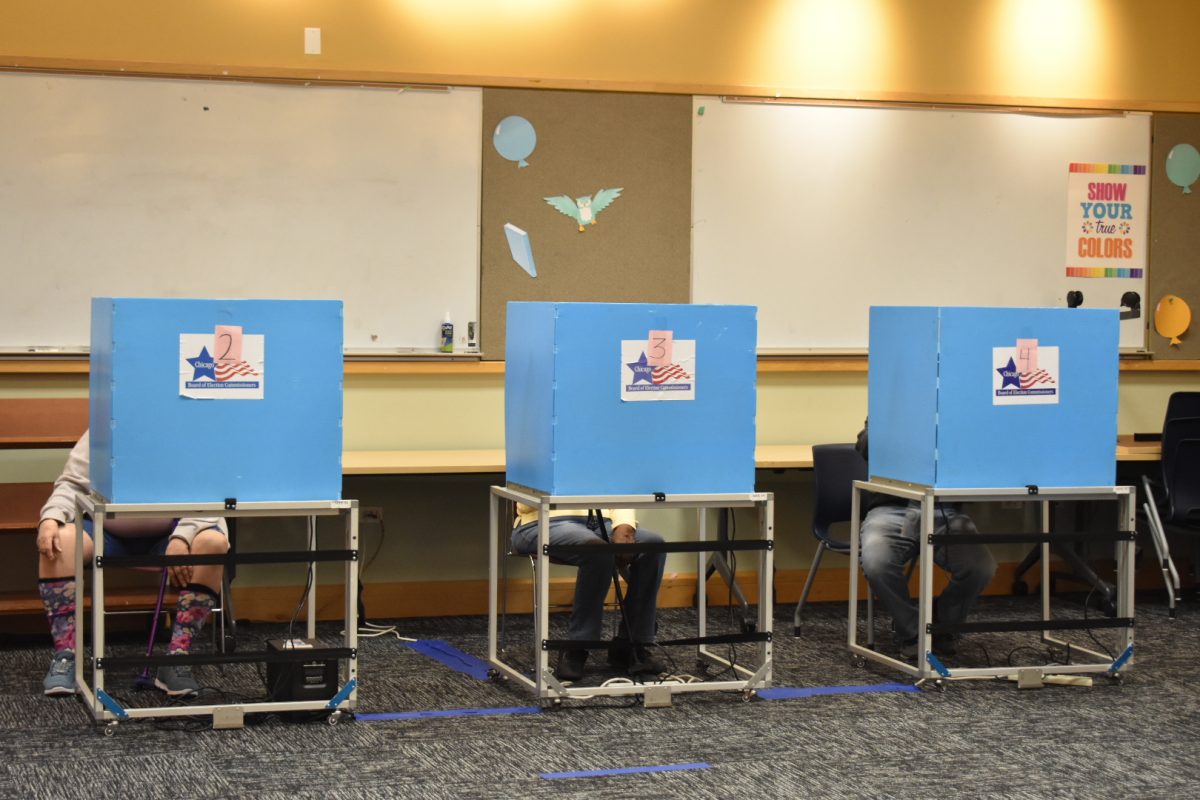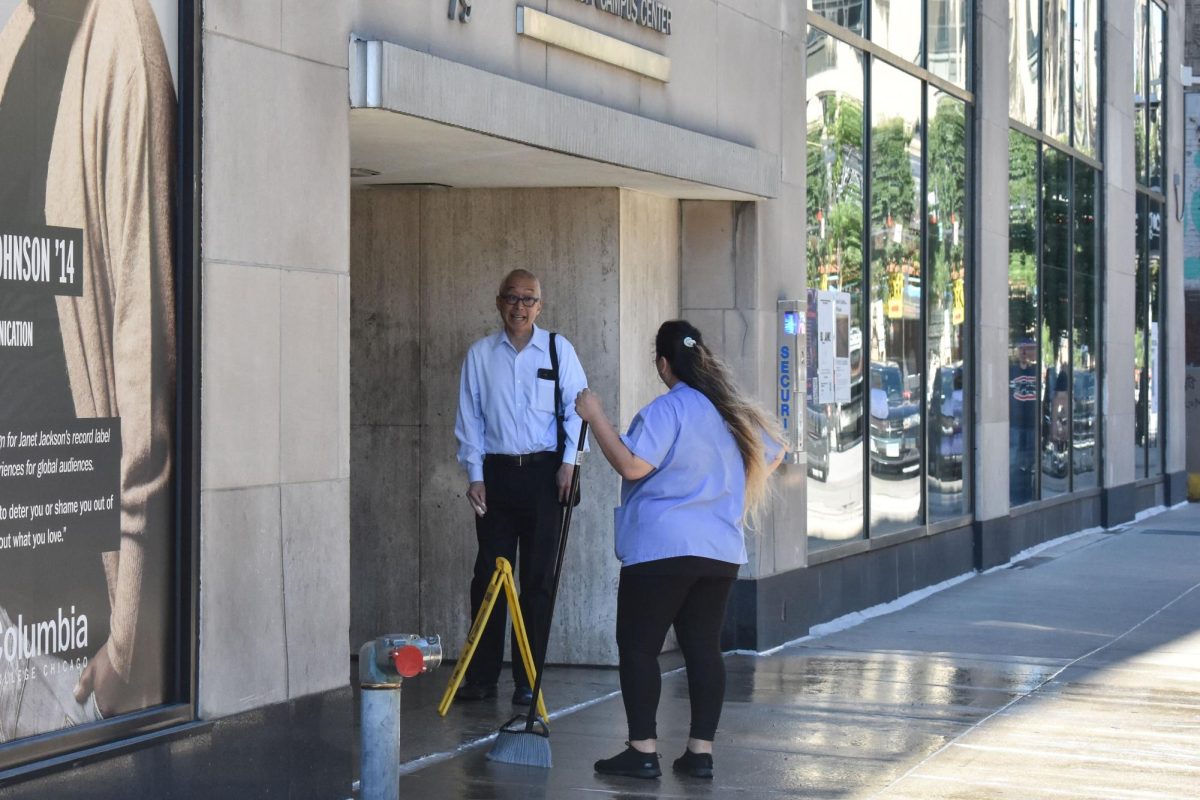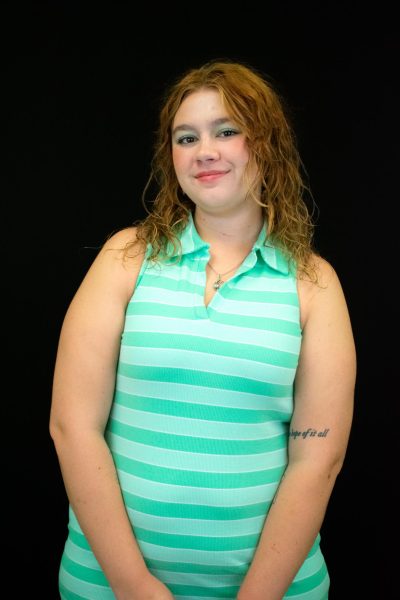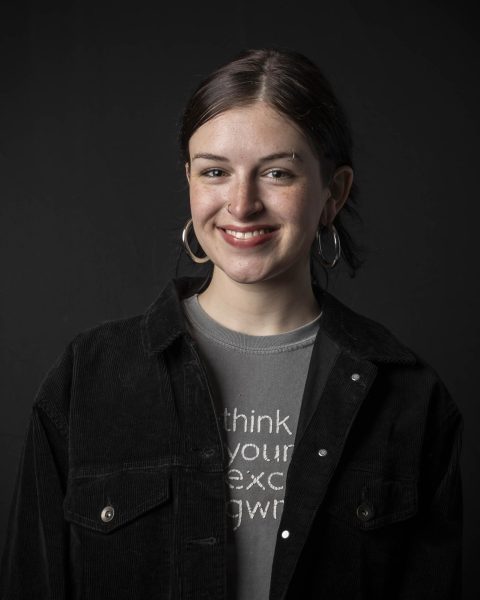The new director of Counseling Services said she is rebuilding the office after several years of being understaffed and with therapists having to offer services remotely.
The Counseling Services office was “in a place of recovery and transition” when Britt Hodgdon was hired as the new director of Counseling Services earlier this year, she said.
She inherited an office that was understaffed at a time during the pandemic when students needed more mental health support.
“What’s important to me is that the services in here are not just geared to the student, but geared to the person who is engaging in this space as a student, but also engages with life outside of here,” Hodgdon said.
Before Columbia, Hodgdon managed a mental health team that worked with HIV care. Her area of focus is social and racial justice work focused on trauma recovery.
One of the key things Hodgdon said she plans to do at Columbia is offer trauma-centered counseling that focuses on student needs. Trauma-centered care involves a safe environment that does not harm students who may have been harmed in the past.
“I want students to feel affirmed and seen by Counseling Services staff, supported in their identities, needs and desires for clinical care and avoid one size fits all offerings that don’t get at the heart of what it means to be human,” Hodgdon said.
Junior film major Greg Delgado, who went to the counseling services last semester, found his time in counseling to be helpful. He would meet his therapist twice a month and talk about what was going on in his life.
“I feel like everyone should go to therapy at least once,” Delgado said. “Everyone has that baggage, whether they want to admit it or not, it’s always good to discuss it and process your emotions, and just let loose of all that trauma.”
Though Delgado did find his sessions to be beneficial, he wished there could have been more visits, as the college currently offers two visits per month during the school year.
Lillian Mullenax, a sophomore illustration major, also wanted more visits.
“My experience with counseling was overall pleasant,” Mullenax said. “Some therapists were very booked, while others weren’t, so it could be hard to find scheduling, but overall it was good. I loved my therapist there and I overall felt welcomed.”
In response to these concerns, Hodgdon believes that Columbia is “on par” with other institutes as most of them have a fixed number of sessions.
“Most schools tend to lean toward a fixed number of sessions, typically around eight, while Columbia offers 12 which allows students to use them biweekly and stretch them across the entire academic year.”
While some schools do offer less visits than Columbia, other schools, like School of the Art Institute of Chicago, offer “up to 16 visits.” Other colleges, like Loyola University Chicago, do not list the amount of visits, but rather say there are “limited number of sessions.” Hodgson believes that counseling services are not meant to be the only resource.
“Student counseling departments are not necessarily intended to be the sole container for mental health concerns in the lives of students but look to serve people who might not get care elsewhere due to systemic barriers, have school-related concerns or for whom this level of care is appropriate,” Hodgdon said.
On a personal scale, Hodgdon, hopes to emphasize the importance of “working in the reality of our emotional experiences” in order to succeed. One of her main goals with the counseling services is to focus on helping students find ways to be alright.
“We’re all struggling and having those types of problems,” Hodgdon said. “Mental health is not fixed. It’s not an on-off switch. All of us experience ebbs and flows or ups and downs in our emotional well-being.”
Counseling appointments can be made on the counseling webpage after completing a request form. One time walk-ins are available on weekdays from 11 a.m. to 1 p.m. and operate on a first come, first serve basis. The counseling services can also provide referrals to other providers and resources.


